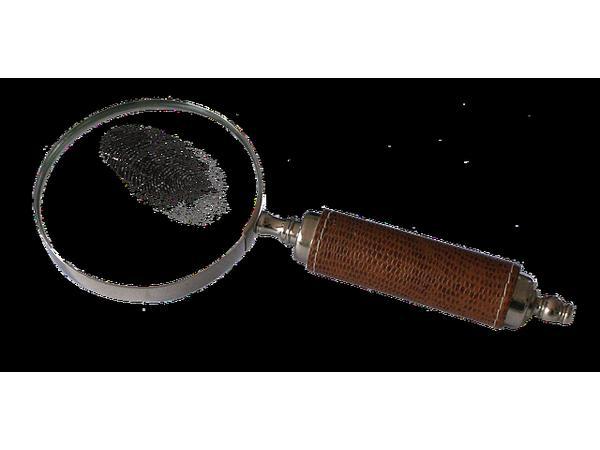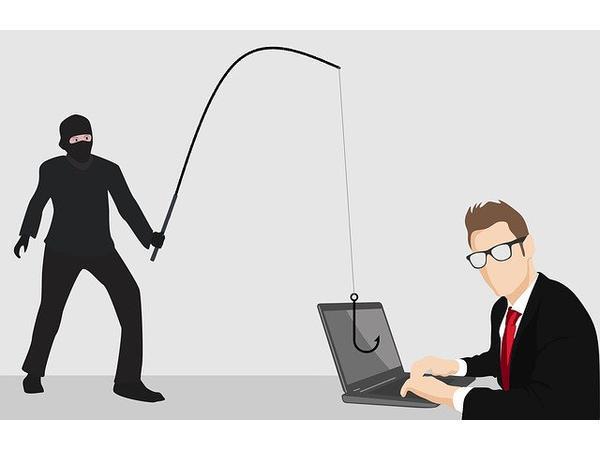Admissibility of Illegally Seized Evidence

Art. III. Section 2 of the 1987 Constitution provides that “The right of the people to be secured in their persons, houses, papers, and effects against unreasonable searches and seizures of whatever nature and for any purpose shall be inviolable, and no search warrant or warrant of arrest shall issue except upon probable cause to be determined personally by the judge after examination under oath or affirmation of the complainant and the witnesses he may produce, and particularly describing the place to be searched and the persons or things to be seized.”
While Section 3 provides that “Any evidence obtained in violation of this or the preceding section shall be inadmissible for any purpose in any proceeding.”
Therefore, articles ILLEGALLY SEIZED are not admissible as evidence.
** Please seek legal advice from a LAWYER. This is merely an informative article **
THE FOLLOWING EVIDENCE ARE INADMISSIBLE
1.Evidence obtained in violation of the right against unreasonable search and seizure
2.Evidence obtained in violation of the privacy of communication and correspondence, except upon lawful order of the court or when public safety or order requires otherwise
3.Evidence consisting of extra-judicial confessionswhich are uncounseled, or when the confessant was not properly informed of his constitutional rights, or when the confession was coerced
4.Evidence obtained in violation of the right against self-incrimination
THE EXCLUSIONARY RULE PRINCIPLE
The principle which mandates that evidence obtained from an illegal arrest, unreasonable search or coercive investigation, or in violation of a particular law, must be excluded from the trial and will not be admitted as evidence.
1. The principle judges the admissibility of evidence based on HOW the evidence is obtained or acquired and not WHAT the evidence proves.
2. The principle is to be applied only if it is so expressly provided for by the constitution or by a particular law. Even if the manner of obtaining the evidence is in violation of a certain law but the law does not declare that the evidence is inadmissible, then such evidence will be admissible.









